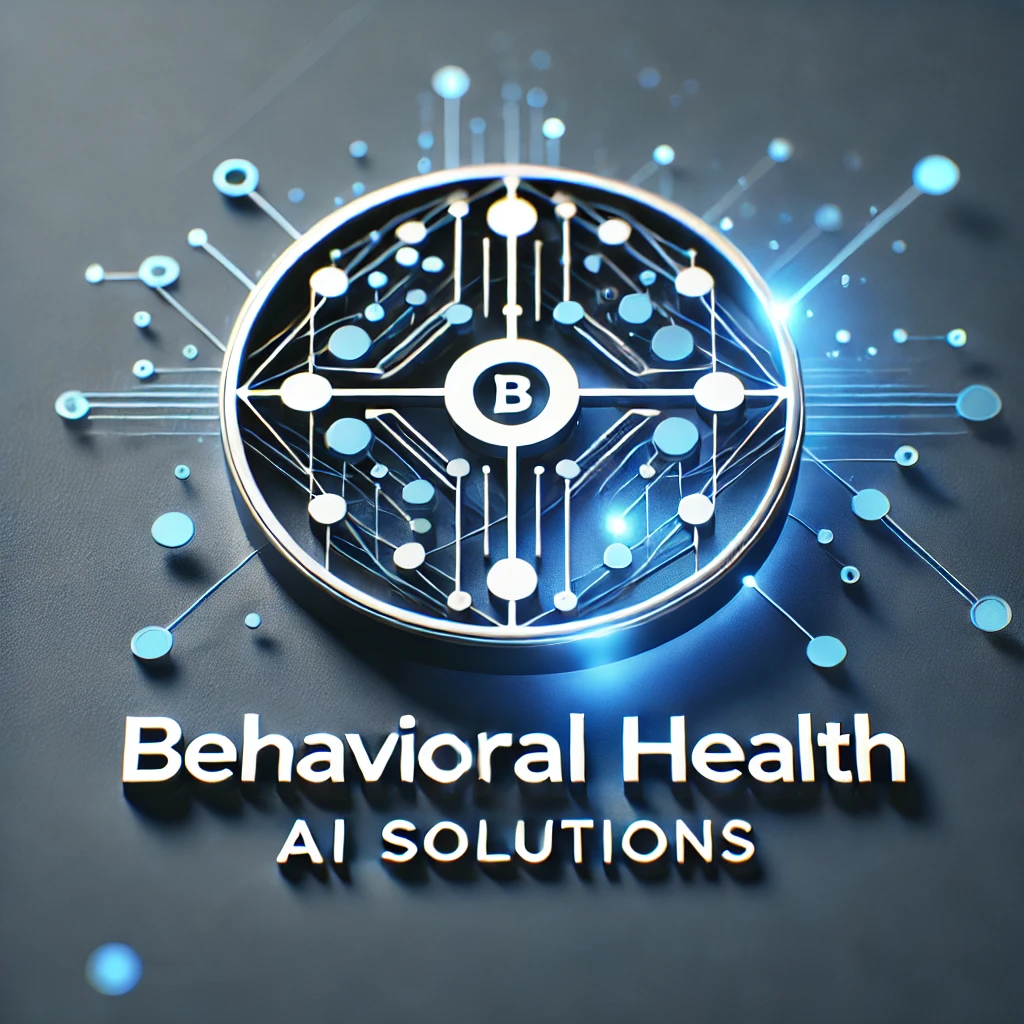Addressing HRSN and Behavioral Health Challenges
Understanding the impact of HRSN behavioral health on individuals and society through data-driven insights.
Behavioral Health: A Growing Concern
The prevalence of addiction disorders in the U.S. has doubled over the past decade, rising from 8.2% in 2013 to 17.1% in 2023. Despite this alarming increase, the percentage of individuals receiving treatment has declined—from 9.3% in 2013 to just 6.5% in 2023.
Understanding these trends is crucial for organizations aiming to improve health outcomes and reduce societal costs associated with untreated behavioral health conditions.

Key Statistics
- ✔ Alcohol Use Disorder (AUD): Increased from 6.6% in 2013 to 10.2% in 2023.
- ✔ Drug Use Disorder (DUD): Grew from 2.6% in 2013 to 9.6% in 2023.
- ✔ Opioid Use Disorder (OUD): More than doubled from 0.8% in 2016 to 2.0% in 2023.
- ✔ Only 6.5% of individuals with addiction disorders receive treatment.
Barriers to HRSN Solutions and Behavioral Health Treatment
Several factors contribute to the gap between those who need treatment and those who receive it:
- ✔ Difficult to identify until it is too late
- ✔ Concerns about stigma and community perception
- ✔ Inadequate health insurance coverage
- ✔ Lack of knowledge about available treatment options
- ✔ Lack of or inability to find resources
- ✔ Financial barriers and proximity to treatment centers
- ✔ Hesitation to stop using substances
Economic and Societal Costs
Untreated HRSN and behavioral health conditions lead to significant economic and societal costs, including:
- ✔ Increased healthcare expenditures
- ✔ Lost productivity and workforce disruption
- ✔ Higher rates of incarceration and legal system involvement
- ✔ Strained social support systems
Significant ROI
Evernorth identified that there is approximately a $2,500 savings for every patient that enters treatment via early assessment
Other methods using approximate costs from HHS and the AHA also show significant ROI for early intervention
Be Part of the Solution
Discover how Behavioral Health AI Solutions can help your organization address behavioral health challenges and improve population health outcomes. Get in Touch

